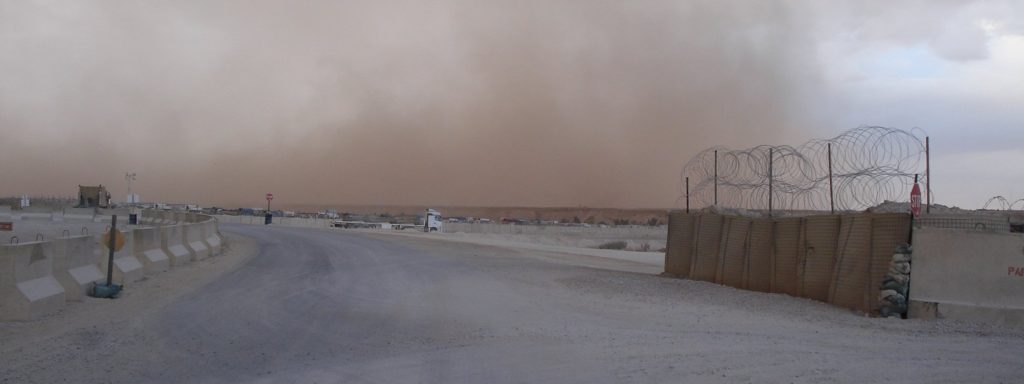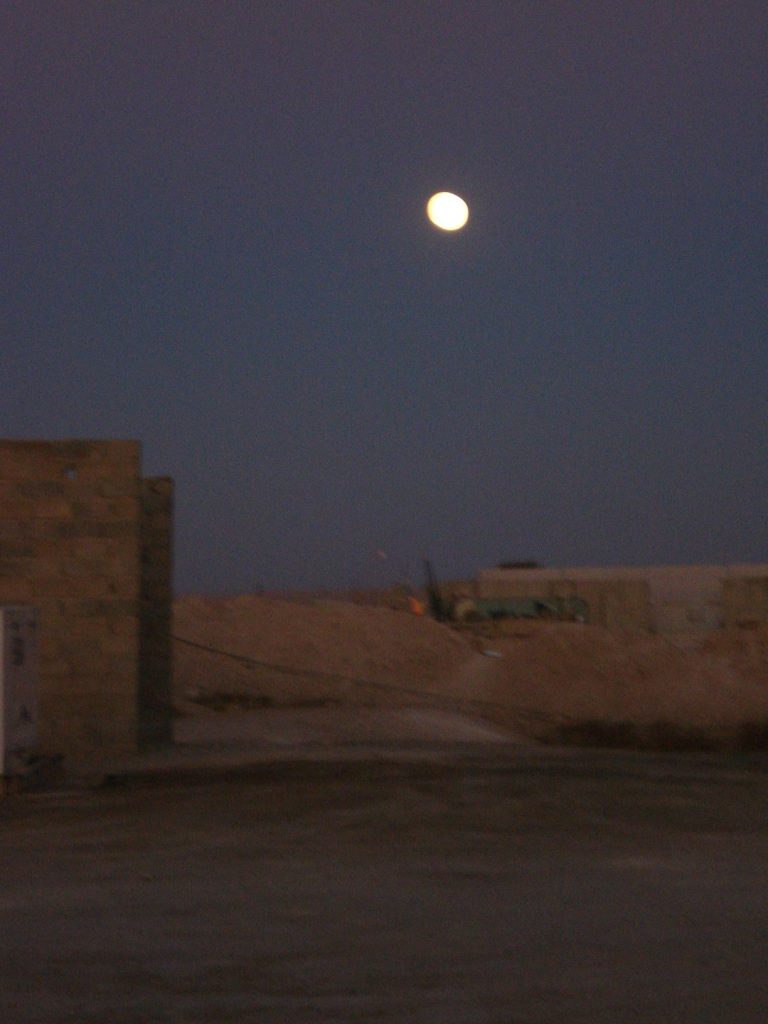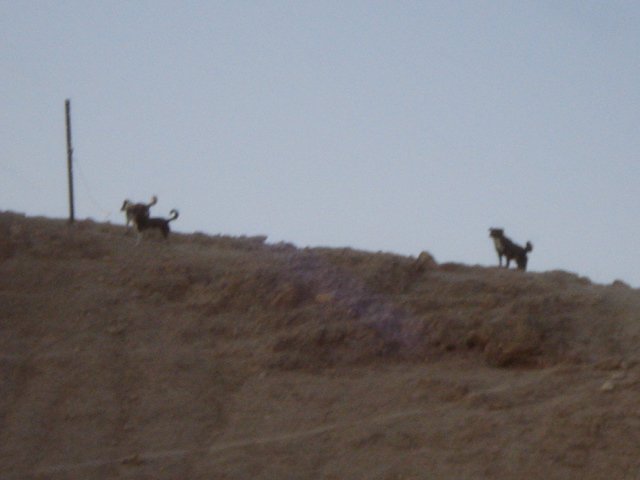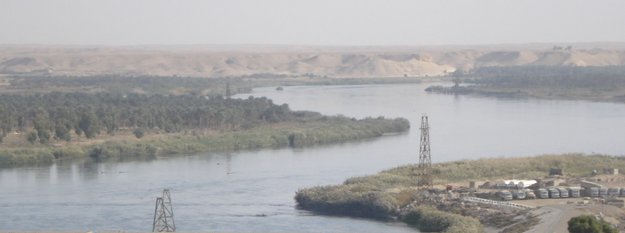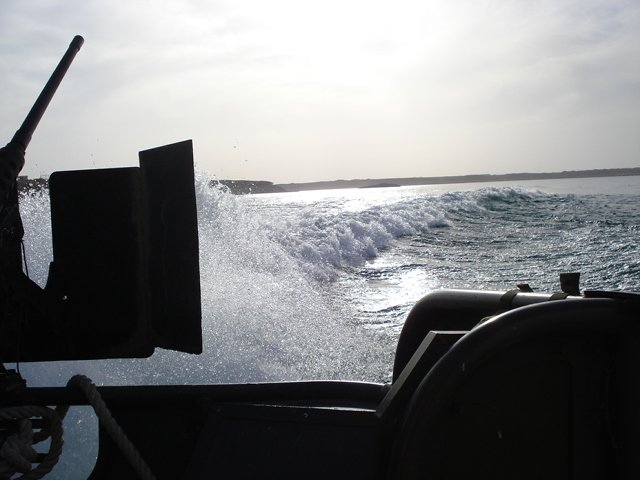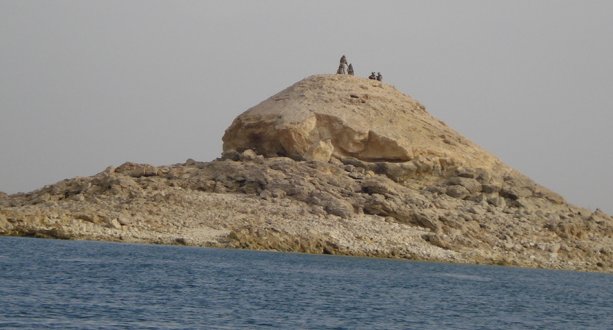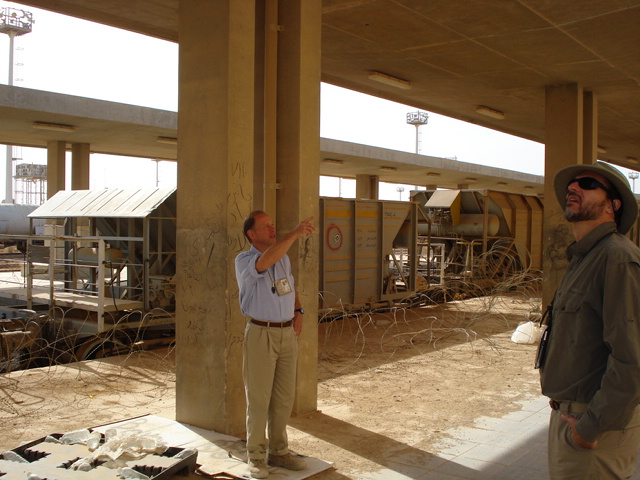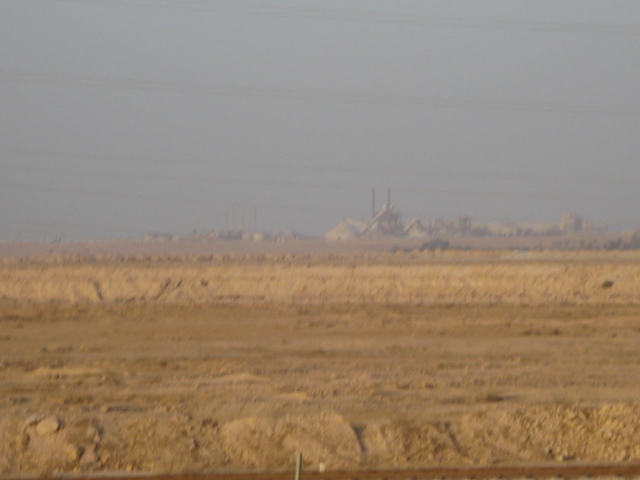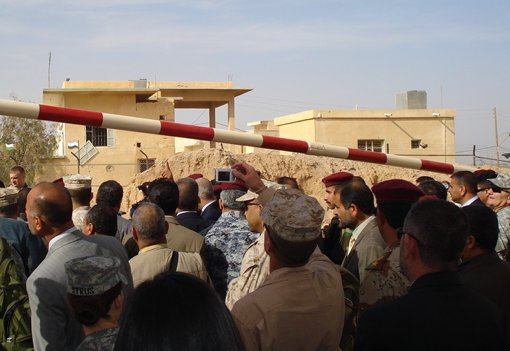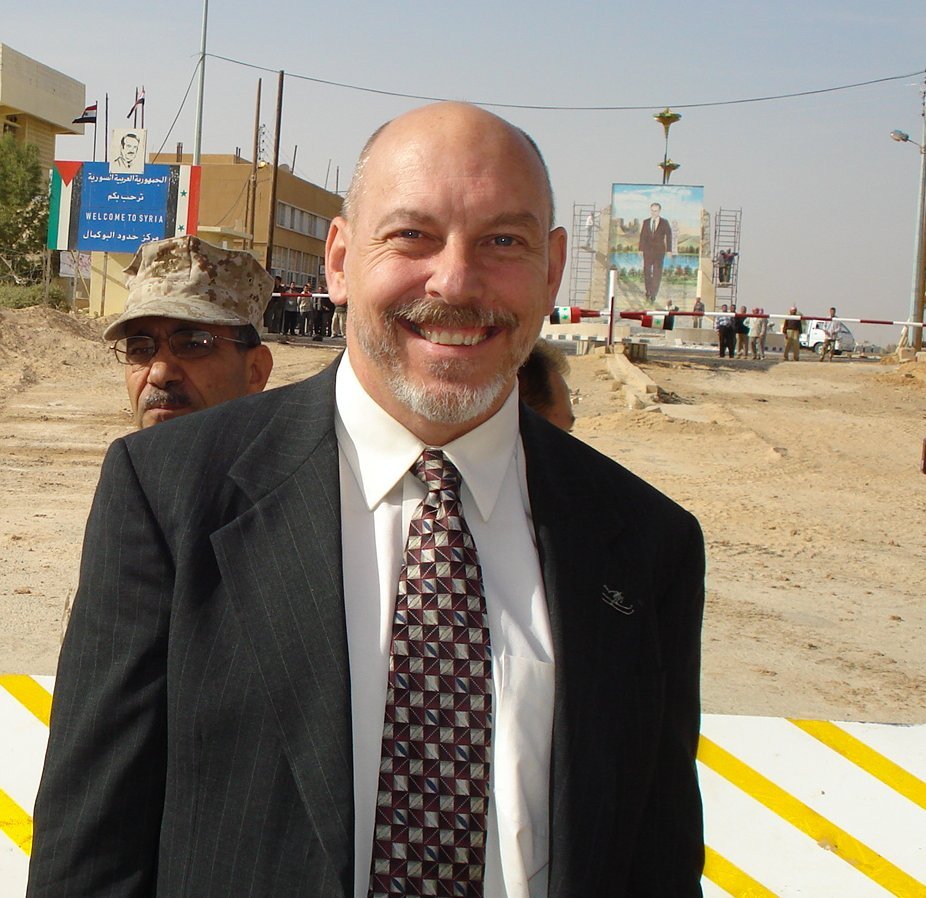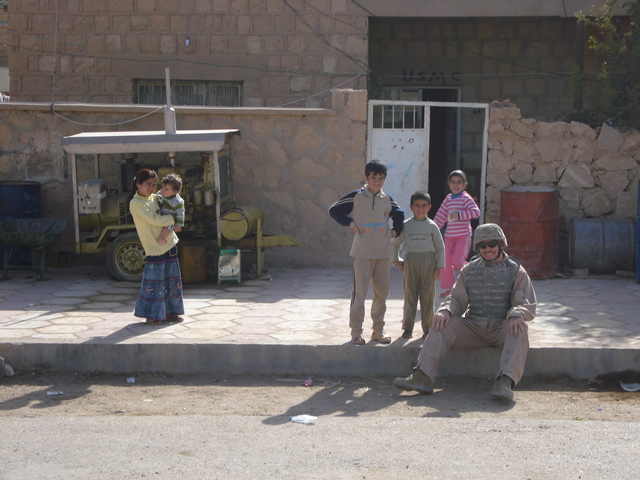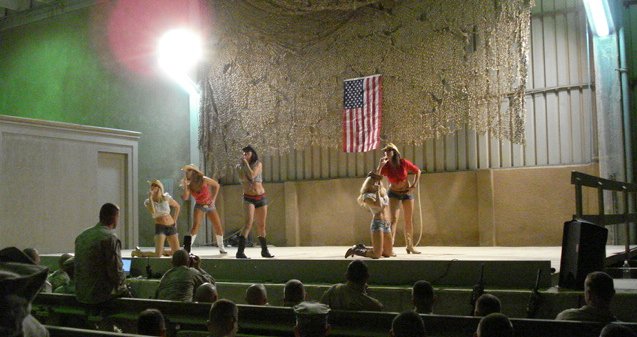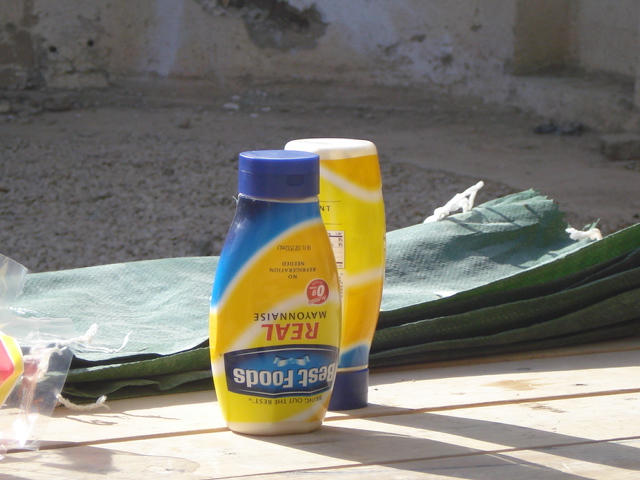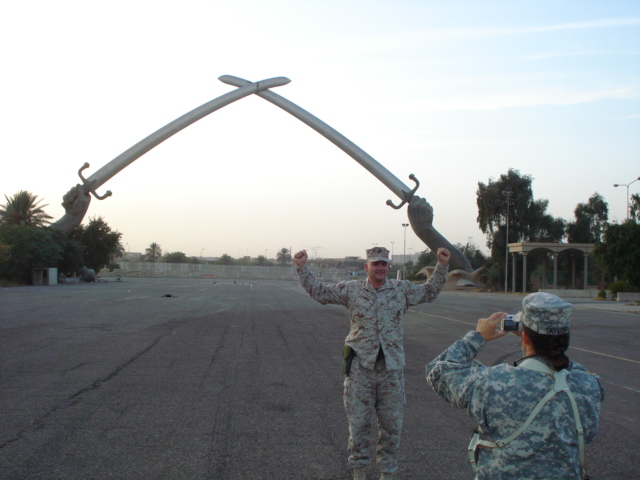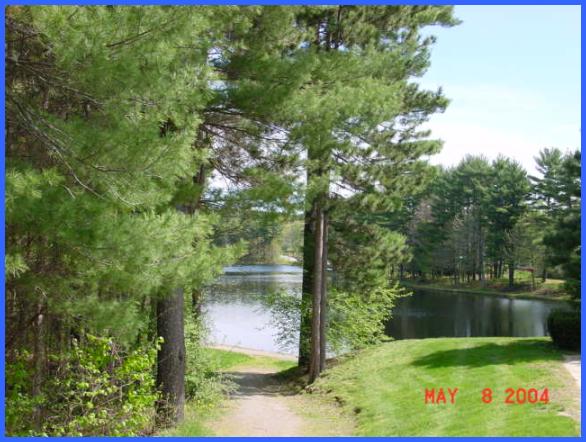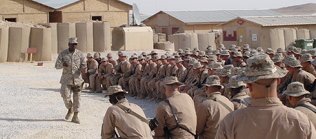
I got my TV connected a few days ago and for the first time in almost two months started watching the news again. There was a lot of debate about whether or not the surge was working. While my experience in Iraq is deeper than it is broad, I have observed a few things since I got here that apply to the wider Iraq debate. I will not reveal anything sensitive and what I am writing here is my personal opinion. Those of you who know me can discount/compensate for my biases. All others are on their own.
From my point of view, the surge in Iraq has worked. My team and I can go places and do things were impossible just months ago. The Marines who were here before tell me about the unbelievable changes and I can see for myself people rebuilding and putting their lives back together. We are well received by Iraqis. Kids come out of their houses to wave at the convoys. They clearly are not afraid of us. It is abundantly evident that this place that has just experienced war and war is a terrible thing to experience. The bad guys can still murder and do damage, but they are increasingly marginalized. Iraq will not be as peaceful as Switzerland any time soon, but there is a chance now. It might be the best chance this place has had since the time of Hamurabi to establish a reasonably stable country where rule of law prevails.
Achieving this, however, required and continues to require strong measures. Security must come before development and security is established and maintained by force. In an functioning society, force is less obvious and required less frequently, but even Mayberry has a sheriff and a jail.
Here in Anbar the Marines cooperated with local leaders to establish security. Insurgents and AQI ruled in most of this place last year. They could not be persuaded to leave. They needed to be pushed out. Not all insurgents were terrorists, and some – most – can be reconciled with civilized societies, as I wrote in a previous post. Others are just bad. No earthly redemption is possible. They need to be removed and the sooner the better because their influence is like a pathogen. Many people who would be good and honest people are corrupted by contact with them. You are saving lives by removing them from the population. I know this is very unPC. It is also true. Even in our established societies, we have the Jeffrey Dahlmers and the Ted Bundys. When the institutions of society break down it gets worse.
What works to establish security is persistence. The Marines patrol. Most of the time when they patrol nothing happens. But it is a numbers game. Sometimes they find things and their presence disrupts the bad guys and makes them nervous. In addition, As the Iraqi people see the Marines in routine roles they get accustomed to them and more cooperative.
Most insurgents or terrorists are not fanatics who want to die. In fact, they are often a little on the lazy side. Many do it for the money or the excitement. When success is easy, lots of people want to get involved. When it gets harder or dangerous, they stay home and find better things to do. That is why a simple strategy like an earth berm is a useful counter insurgency measure. Obviously, they could just climb over the berm, but they usually don’t because it exposes them to detection and they are just too lazy to hump their equipment over the top.
The Marines have done their part. It is now becoming the task of others. Our PRT is part of that “diplomatic surge”. We can help but it is ultimately up to the Iraqis to finish this job. Iraq is potentially a prosperous country. I cannot predict the future, but it seems to me that Iraq can become a reasonably democratic and stable place, if we put in the effort. This is not a pleasant place, but I would be unhappy if I got pulled out before I had the chance to try to finish my job.

